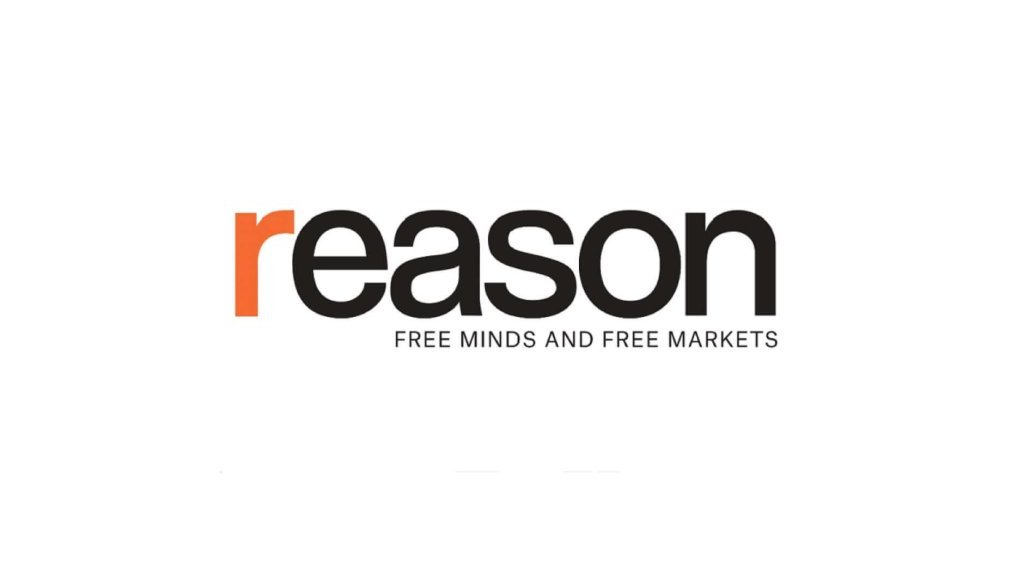Does the Smoot-Hawley Act Justify the Trump Tariffs? No, Says Philip Zelikow
My Hoover Institution colleague Philip Zelikow was kind enough to pass this along; he is an emeritus history professor at the University of Virginia, but also a lawyer:
On June 1, Yale’s Jed Rubenfeld published an essay on The Free Press criticizing the recent legal ruling on Trump’s tariffs. “The Judges Got It Wrong: Trump’s Tariffs Are Legal.” The subtitle adds: “The words of a 100-year-old law are clear, says Jed Rubenfeld. So why didn’t Trump’s lawyers mention it?” Professor Rubenfeld is referring to broad empowering language in a section of the infamous Smoot-Hawley act of 1930 that allowed a president to impose tariffs of up to 50% on countries that burdened U.S. commerce.
There is a straightforward answer to the question of why Trump’s lawyers didn’t mention this. Well, no one cites it because this part of Smoot-Hawley was superseded long ago. The issue has never been litigated because this section has never been used to impose a tariff. The office of the U.S. Trade Representative presumably knows this.
Professor Rubenfeld had staked out a position on the legality of the tariffs right away, on April 7 (also on The Free Press), arguing that the tariffs were probably legal. He now wishes to offer this argument for why he wasn’t mi
Article from Reason.com

The Reason Magazine website is a go-to destination for libertarians seeking cogent analysis, investigative reporting, and thought-provoking commentary. Championing the principles of individual freedom, limited government, and free markets, the site offers a diverse range of articles, videos, and podcasts that challenge conventional wisdom and advocate for libertarian solutions. Whether you’re interested in politics, culture, or technology, Reason provides a unique lens that prioritizes liberty and rational discourse. It’s an essential resource for those who value critical thinking and nuanced debate in the pursuit of a freer society.




